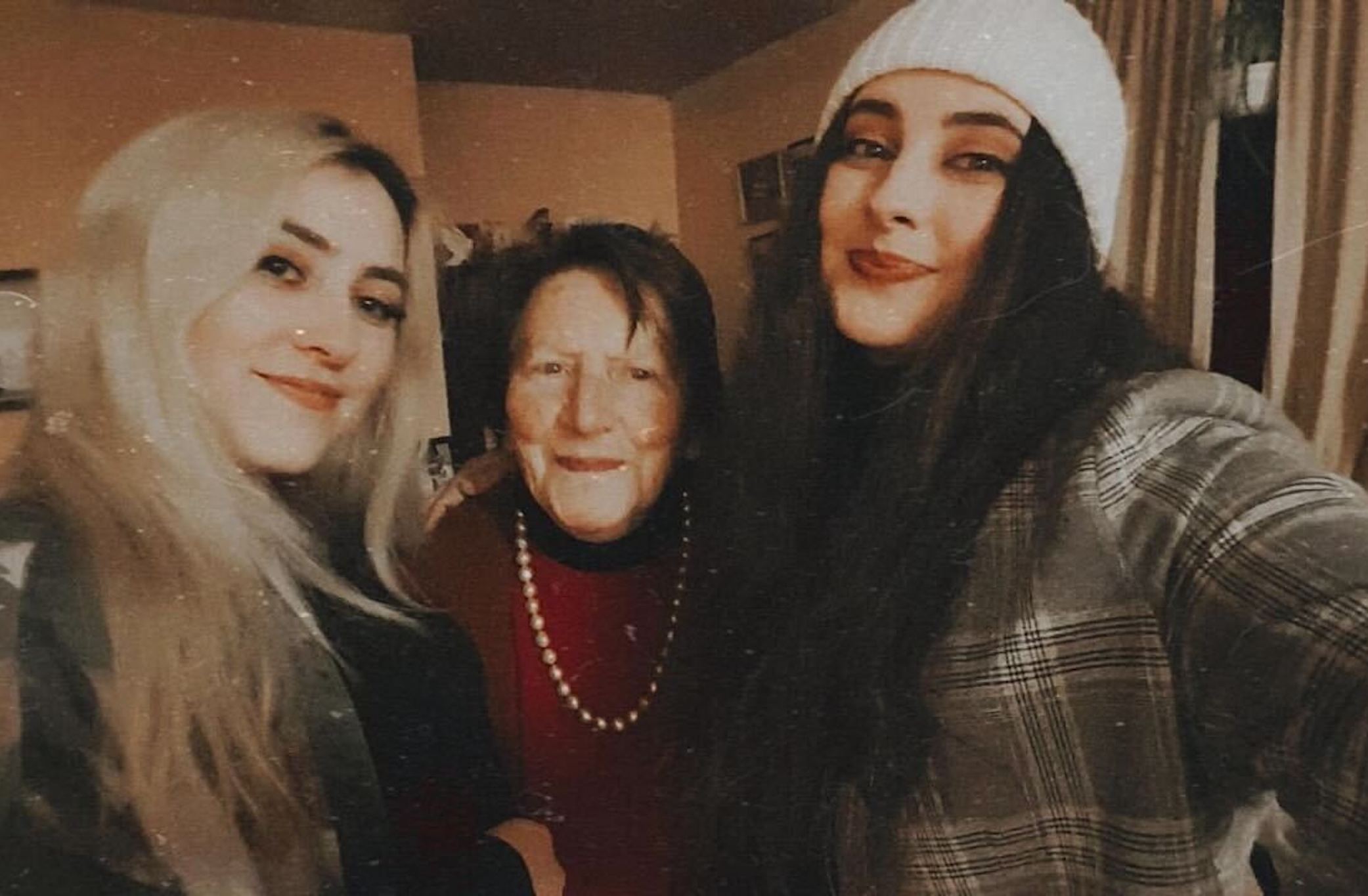My grandmother, Tess, was always looking after everyone.
She’d fuss over me and my sisters constantly — asking if I wanted a sandwich, a cup of tea, anything at all. That was her way of showing love, making sure those around her were okay.
A sharp, resilient woman, Tess had worked for years as an accountant; she was independent, witty, and always on top of things. After school, I’d often sit with her in our living room, doing my homework while she worked. I’d watch as she’d do quick maths in her head while I fumbled with a calculator — like it was nothing to her!
I guess I first started to notice something was amiss when she started asking the same questions two, three times in a row; offering tea moments after just offering it.
At first, it was easy to brush off. Then came the moments that were harder to ignore. She’d search frantically for her car keys when she hadn’t owned a car, or driven, for years.
And so you ask yourself: How are you supposed to know what’s just “normal aging” or if it’s a potential sign of dementia?
Spotting the difference in a loved one

Me, my grandmother, and my sister (Katy Brennan/Daily Hive)
We all forget things sometimes — walking into a room and blanking on why we’re there. This kind of forgetfulness is pretty common, especially as we age.
But Alzheimer’s disease and other types of dementia are different. It’s not just about memory slips, it’s about how often they happen and how deeply they interfere with daily life.
My grandmother loved to cook. But sometimes, she’d start on a meal, only to forget mid-way through and wander off to do another household chore. More than once, the smoke alarm brought us rushing into the kitchen.
Another example could be drawing a blank on someone’s name — pretty common (and sometimes a little awkward), right? But struggling to place a loved one that’s been in the family for years, that’s a potential sign of dementia.
Similarly, everyone probably misplaces things, wandering around scratching our heads trying to find it, but with dementia, you could put the milk in the cupboard or the TV remote in the fridge and not realize it’s out of place.
Getting help

Tess (Katy Brennan/Daily Hive)
Tess was diagnosed with dementia in 2021. But even then, she never really said the word “dementia.” Now and again, she’d catch herself repeating something, laugh it off, and say: “Oh, my head’s gone a bit funny.” And we’d all laugh along to keep things light, pretending nothing had changed, even though everything had.
And I won’t sugar-coat it. I got frustrated, I snapped sometimes. Because it’s hard watching someone you love change with memory loss. But I also learned that support is out there, communication really is key, and it’s still my grandmother.
Meeting her with patience wasn’t just kind, it was necessary. I had to remind myself: every time she said something, it felt like the first time to her. Frustration didn’t help either of us. It only confused and hurt her.
That shift in thinking — seeing the person, not just the symptoms — is exactly what the StillMe movement is all about.
StillMe
StillMe, created by the Alzheimer Society of Calgary, is a movement that’s all about stamping out myths and stereotypes, increasing understanding of Alzheimer’s disease and other types of dementia, and amplifying the voices of people living with the disease.
One of the biggest things I learned is that people with dementia are still themselves.
Despite everything, my grandmother never lost her humour. Even in the hardest moments, she could still be cracking a joke or throwing us a little sass. She loved to dance, and she’d still break out into “a jig”, as she called it, whenever there was music in the house.
Right up until she passed away in March 2025, aged 97, those parts of her, who she truly was, stayed with us until the very end.
Because dementia is too often misunderstood by society, it can be tough to talk about. But if you’re seeing early signs, or you’re worried about yourself or someone you love, you don’t have to navigate it all alone.
StillMe provides resources that’ll help you learn how to spot potential warning signs of dementia, and even provides ways to connect with others. Head over to the StillMe website for tools, tips, and real world insights, and let’s start creating a more supportive community for people living with dementia today.
